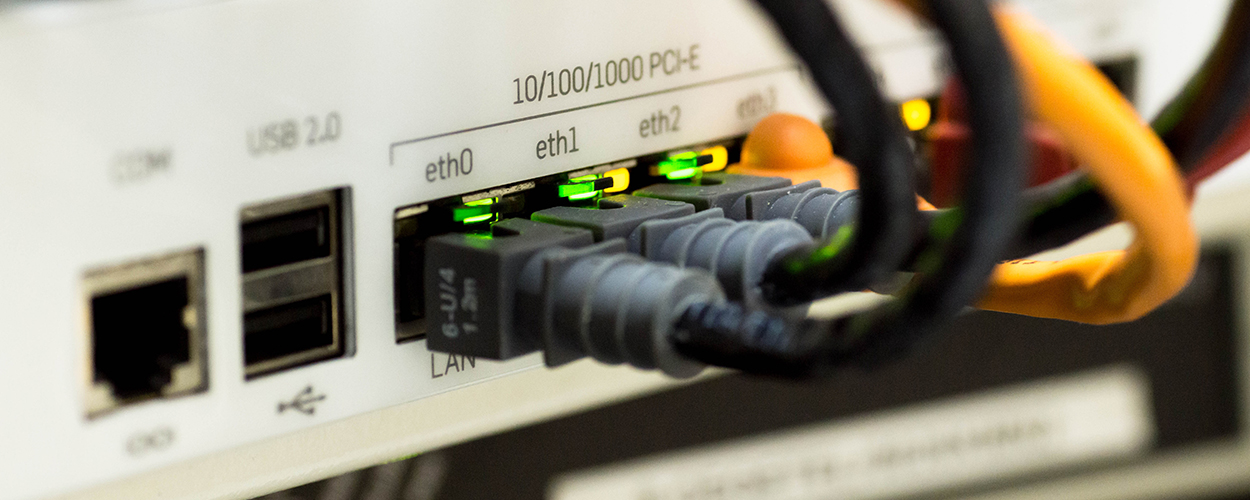This website uses cookies so that we can provide you with the best user experience possible. Cookie information is stored in your browser and performs functions such as recognising you when you return to our website and helping our team to understand which sections of the website you find most interesting and useful.
Business News Digital Labels & Publishers Legal Top Stories
Web-blocking in the UK is now extending to mobile internet, starting with EE
By Chris Cooke | Published on Tuesday 12 July 2022

Record industry trade group BPI has confirmed that web-blocking in the UK is extending to mobile internet networks, beginning with the BT-owned EE network. It means that web-blocks that previously only applied on fixed line broadband networks will start to also apply when users access sites via a mobile internet connection.
Web-blocking has become a preferred anti-piracy tactic of the music industry in those countries where it’s available. Although specifics vary from country to country, usually copyright owners secure a court order instructing internet service providers to stop their customers from accessing websites that exist primarily to facilitate copyright infringement.
It was the movie industry that secured the first ever web-blocking injunction in the UK back in 2011 – in doing so demonstrating that such court orders were available under UK copyright law – but since then the music industry has been pretty prolific in securing additional web-blocks.
Indeed, the BPI confirmed this morning that the various injunctions it has secured over the last ten years have together ordered the UK’s biggest broadband providers – so that’s BT, Sky, TalkTalk and Virgin Media – to block over 70 copyright infringing websites and apps, and thousands of other domains linked to those sites.
Although best known as a mobile operator, EE also provides a fixed line broadband service which already has web-blocks in place stemming from those 70+ court orders, which cover all the BT-owned broadband services, so EE and Plusnet as well as the main BT service. However, EE has now also agreed to extend the web-blocks to its mobile network which, the BPI says, “represents the first time since website blocking began in 2011 that a mobile operator has begun blocking the sites”.
The move is important because, of course, a significant amount of online entertainment is now accessed via mobile internet connections. The BPI’s General Counsel, Kiaron Whitehead, notes: “There are now more mobile subscriptions than people in the UK and we want those fans to enjoy genuine music sites and be protected from illegal sites as much as they already are on their broadband and wi-fi”.
“Mobile data connections are faster and more reliable than ever”, he adds, “and a quarter of people now connect to the internet over 3G, 4G and 5G rather than broadband and wi-fi. That growth brings with it the risk of increased music piracy”.
“The operators of these pirate sites make millions of pounds a year without a penny going to the creators of the music they exploit”, he continues. “We are therefore pleased that EE – which was the first mobile network to launch 5G to the UK population – has now become the first mobile network to block pirate sites which are subject to our High Court blocking orders under section 97A of the Copyright, Designs And Patents Act 1988”.
The web-blocks will also apply on BT’s other mobile services – BT Mobile and Plusnet Mobile – both of which are actually powered by the EE network. As for the other mobile networks in the UK – so Vodafone, Three and what is now Virgin Media O2 – the music industry obviously hopes that they can be persuaded to follow EE’s lead in this domain in due course.





